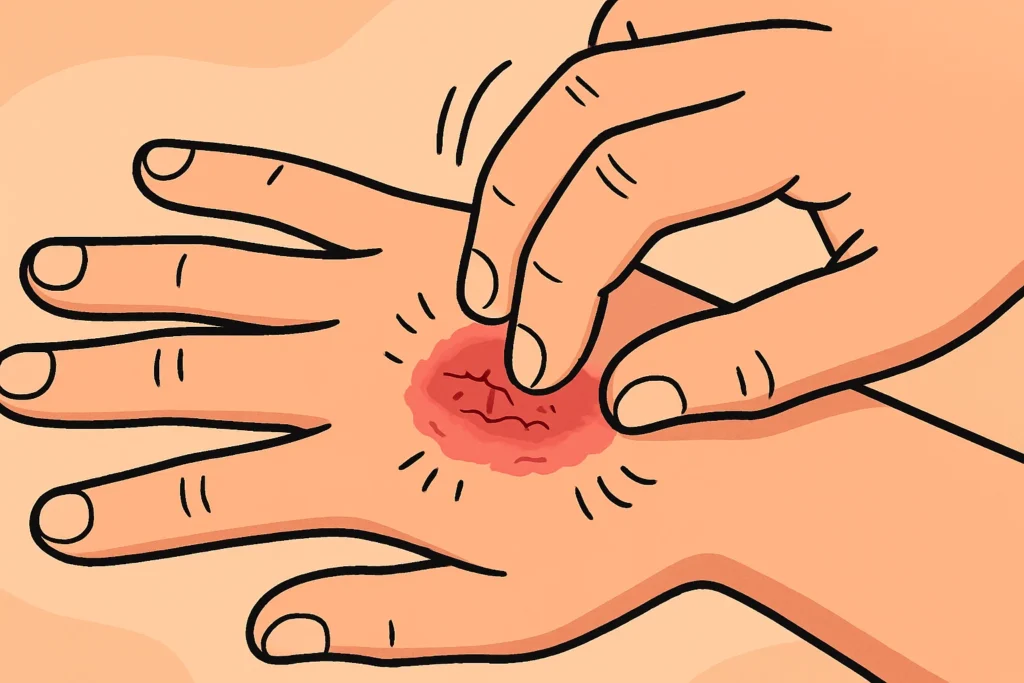Morning vs. Night: When Is the Best Time to Exercise for Your Health Goals?
If you have ever wondered whether lacing up your sneakers at sunrise is better than squeezing in a sweat session after dark, you are definitely not alone. The debate between morning and evening workouts has been a hot topic for fitness enthusiasts, trainers, and researchers alike. Some swear by early morning energy boosts, while others insist that nighttime exercise feels more natural and productive. But the truth is, the best time to exercise depends heavily on your unique health goals, lifestyle, and even your body’s internal clock. In this deep dive, we are going to explore how the time of day can impact everything from fat loss to strength gains to mental health. Whether you are aiming to lose weight, build muscle, or simply feel better overall, understanding how your body responds to different workout timings can help you maximize your efforts and stay consistent for the long haul. How Morning Workouts Can Boost Weight Loss and Mental Clarity One of the biggest arguments in favor of morning workouts is the potential for improved fat burning and sharper mental focus throughout the day. Studies have shown that people who exercise before breakfast often tap into fat stores more efficiently, using stored body fat as a primary energy source instead of relying on recent meals. If weight loss is a primary goal, this natural metabolic advantage can make a real difference over time. Beyond fat burning, working out in the morning also sets a powerful tone for your mindset. Early morning movement releases endorphins, those feel-good chemicals that help combat stress and improve your mood. Many people find that starting the day with a workout gives them a sense of accomplishment that carries over into healthier choices throughout the day, from diet to productivity. Another hidden benefit of morning exercise is consistency. Life tends to get busier and more unpredictable as the day progresses. Meetings run late, family obligations pop up, and energy levels dip. By knocking out your workout early, you eliminate the chance for excuses to pile up. This creates a stronger long-term habit, especially for those struggling to stay on track with fitness goals. The Surprising Strength and Performance Gains from Evening Workouts While morning workouts offer plenty of benefits, nighttime exercise has its own powerful advantages, particularly when it comes to strength, endurance, and athletic performance. Research suggests that the body reaches peak physical performance in the late afternoon to early evening hours. This is largely because body temperature naturally rises throughout the day, which optimizes muscle flexibility, enzyme activity, and overall energy output. If your main goal is to lift heavier, run faster, or build muscle more effectively, evening might be your sweet spot. During these hours, reaction time is quicker, blood pressure is at its most efficient, and strength levels can be up to 10 percent higher compared to early morning. This means you can often train harder and recover better, pushing through plateaus that might feel stubborn during a sleepy morning session. Evening workouts can also double as a powerful stress reliever. After a long day filled with meetings, commutes, and deadlines, getting your heart rate up at night can act as a release valve, helping you decompress and transition into a more relaxed evening. This can be especially important for mental health, helping reduce symptoms of anxiety, depression, and insomnia when done correctly. Circadian Rhythms: Why Your Body Clock Matters More Than You Think Your body’s circadian rhythm, often referred to as your internal clock, plays a massive role in how your body responds to exercise at different times of the day. Governed largely by genetics but also influenced by lifestyle factors, your circadian rhythm controls everything from hormone production to core body temperature to alertness levels. Understanding your natural rhythm can give you an important edge when deciding whether to hit the gym early or late. Some people are natural “larks,” who wake up early and feel most alert in the morning. Others are “owls,” who find their energy peaks later in the afternoon or evening. If you are fighting against your natural tendencies, workouts may feel harder and less enjoyable, increasing the chances of burnout or skipped sessions. This means that while science may suggest late afternoon workouts produce stronger performance, it is equally important to honor how your body feels naturally. Circadian rhythms also impact recovery. For instance, testosterone and growth hormone levels, which are important for muscle repair, tend to peak overnight. Scheduling intense strength training too close to bedtime could interfere with sleep if you are particularly sensitive to post-workout stimulation. Learning to listen to your body’s signals can help you customize your routine for better gains without sacrificing rest. How Your Health Goals Should Shape Your Workout Timing The right time to exercise also depends heavily on what you are trying to achieve with your fitness program. If weight loss is your primary goal, a morning workout combined with a healthy breakfast could create a calorie deficit more naturally. Exercising in a fasted state, if done safely, may encourage your body to burn fat stores more effectively, particularly during cardio sessions. On the other hand, if your goal is to increase strength, muscle mass, or athletic performance, you might be better off scheduling workouts for the afternoon or evening. Training when your body is at its warmest and strongest allows you to push heavier weights, complete more reps, and fully engage in high-intensity exercises without risking injury due to stiffness or sluggishness. Mental health goals can also influence your ideal workout window. If you are battling daily anxiety or depression, morning workouts could provide a mood boost that carries you through tough mornings and afternoons. However, if evenings are when stress tends to build up and feel overwhelming, a nighttime exercise ritual could offer a much-needed emotional reset before sleep. Thinking about your personal motivations—and the obstacles you typically face—can guide you toward a time of day that supports sustainable success. Lifestyle, Sleep, and Stress: Hidden







